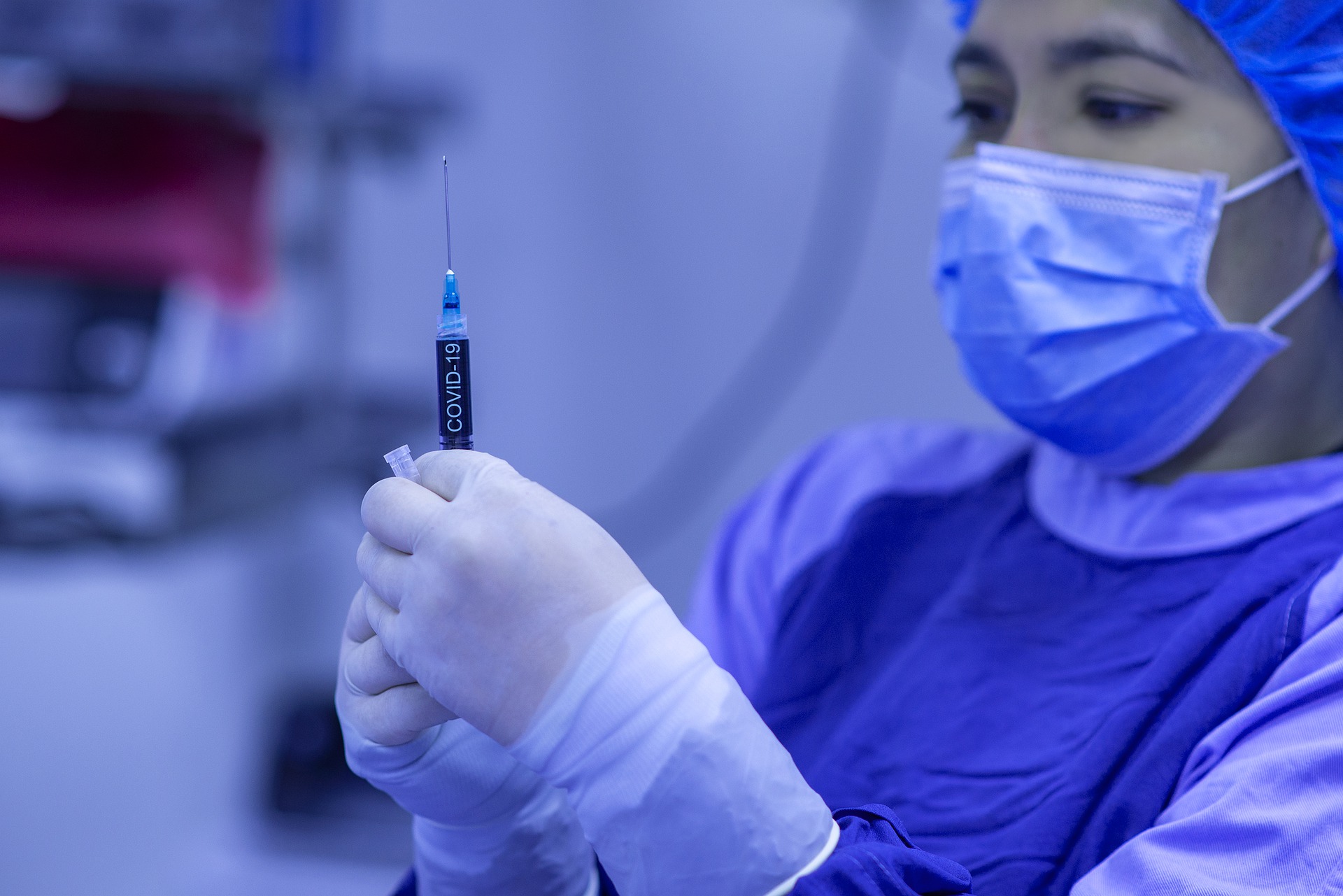News release
From:
Trio of articles suggest that a single dose of vaccine, even if less effective than two doses, may have greater population benefit.
Speed Versus Efficacy: Quantifying Potential Tradeoffs in COVID-19 Vaccine Deployment
Researchers from Yale School of Public Health used a previously published model of a COVID-19 vaccination program to quantify the speed-versus-efficacy tradeoff of vaccination deployment. The model accounted for transmission of severe acute respiratory syndrome coronavirus 2 (SARS-CoV-2), COVID-19 disease severity, and recovery or vaccination leading to protective immunity. According to the authors’ analysis, a 2-dose vaccination strategy would impose steep clinical and epidemiologic costs in the context of ongoing pandemic response. Depending on the duration of protection conferred, a single-dose vaccine with 55% effectiveness may confer greater population benefit than a 95%-effective vaccine requiring two doses.
A Public Health COVID-19 Vaccination Strategy to Maximize the Health Gains for Every Single Vaccine Dose
Authors from the University of Washington and Fred Hutchinson Cancer Research Center suggest that speed is essential for controlling the COVID-19 pandemic and offer four rationales supporting their conclusion:
- Doubling the vaccine coverage with a single dose compared with a 2-dose regimen will accelerate pandemic control because even lack of complete protection on an individual level is likely to lower transmission rates enough to stop epidemic growth;
- Providing effective protection for as many people as possible is more ethical because it distributes the scarce commodity more justly;
- A single-dose vaccine approach could mitigate the higher incidence of many vaccine-associated adverse events seen with the second dose;
- And administering a vaccine that is only partly protective may reduce risky behavior such as doffing masks or eliminating social distancing.
Alternative Dose Allocation Strategies to Increase Benefits From Constrained COVID-19 Vaccine Supply
Researchers from Stanford University developed a decision analytic cohort model to estimate direct benefits of vaccination against COVID-19 under alternative strategies for dose allocation. First, they analyzed a fixed strategy based on the current U.S. model of two doses, timed about one month apart. Second, they analyzed a flexible strategy that would reserve 10% of the supply for second doses during the first 3 weeks, 90% during each of the next 3 weeks, and 50% thereafter. They estimate that the flexible strategy would result in an additional 23% - 29% of COVID-19 cases averted compared with the fixed strategy. In both scenarios, 24 million people received at least one dose of the vaccine by week 8, whereas 2.4 million additional people received two doses of vaccine in the flexible strategy because million more received an initial dose during the first 3 weeks. According to the researchers, these findings suggest that vaccinating more people as soon as possible using a flexible approach could increase the benefits of vaccines while enabling most recipients to receive second doses on schedule.



 International
International


